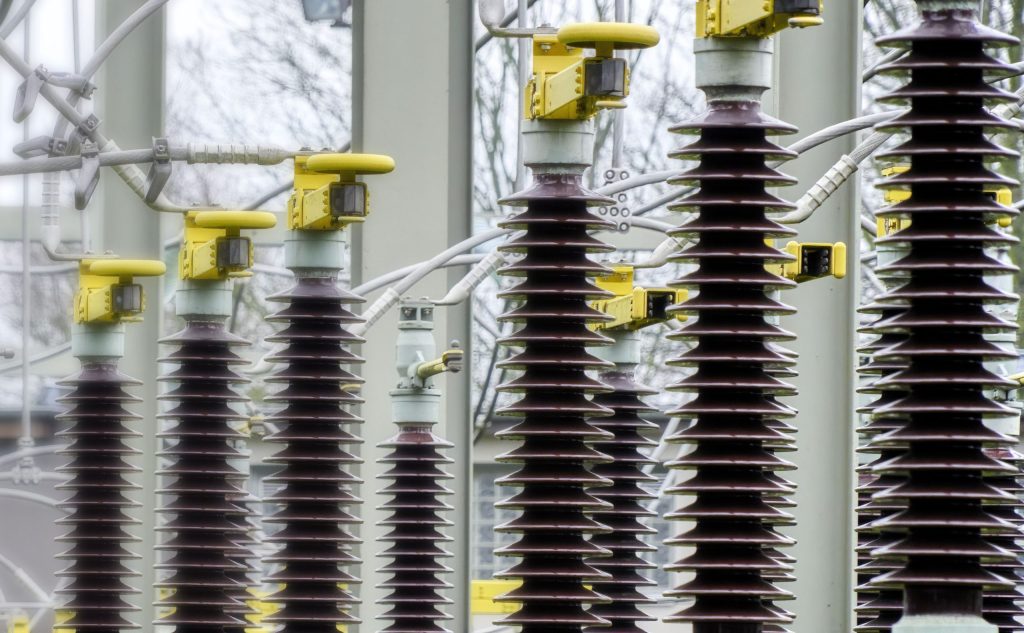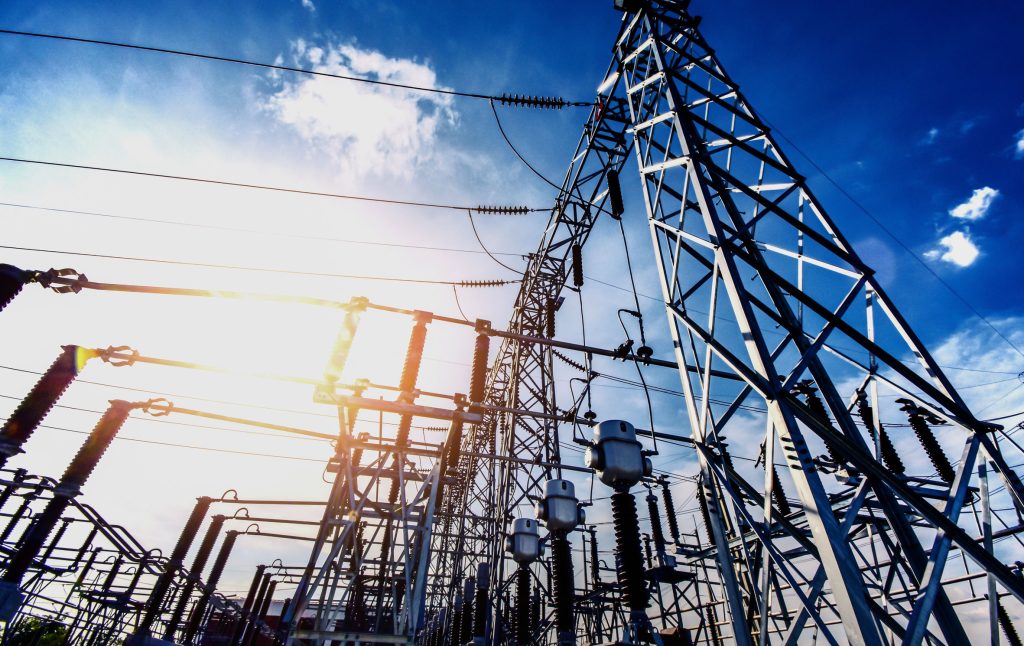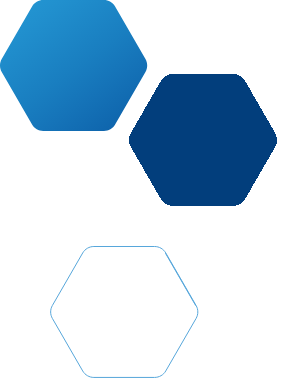Technical Assistance and Training
Center for Securing Digital Energy Technology
Future-proofing Energy Security in the Digital Age
As part of the Bipartisan Infrastructure Law, the Department of Energy’s Grid Deployment Office (GDO) is administering a $10.5 billion Grid Resilience and Innovation Partnerships (GRIP) Program to enhance grid flexibility and improve the resilience of the power system against growing threats to our nation’s electric infrastructure.
These technical assistance (TA) programs will improve resilience in the grid modernization space through enhanced programs that are focused on securing the digital energy future for our nation. Users will be guided through a tailored analysis and mitigation program to determine their current security posture. Assistance will be provided in evaluating supply chain and protection choices against consequences. The goal is to develop a future sustainable assessment and procurement planning system.
The technical assistance is designed to be responsive to a rapidly changing regulatory and policy landscape that seeks to match the timing and depth of questions with National Laboratory subject matter experts (SME) on key topical areas. This program is intended to align with national defense priorities, and augments and complements current technical assistance activities undertaken by various DOE program offices.



Technical Assistance Offerings
Through the TA program, organizations will be matched with a national laboratory subject matter expert to focus on their key topical area. The technical assistance offered through this track is designed to be responsive to a rapidly changing regulatory landscape and cutting-edge technologies that enhance grid reliability and efficiency. Users will be guided through a tailored analysis and mitigation program to determine their current security posture and given assistance in evaluating supply chain and protection choices against potential consequences.
GRIP and Grid Resilience State/Tribal Formula Grant Program Awardees seeking technical assistance can contact [email protected]. Within two (2) business days, a representative from the program will contact the entity to schedule a preliminary conversation. This conversation will help identify the needs of the entity and subject matter topic, as well as the type of assistance required.
- Short Advisory: Questions that can be answered with short and narrow responses and includes the assessment template and related training.
- Expert Match: Addresses inquiries that require increased resources and is for applicants in the design or contracting stage requiring review or development of specific Cyber-Informed Engineering (CIE) guidance.
- Deep Dive: Addresses inquiries that require substantial resources and a lengthy development process. The applicant might require assistance with scenarios including sourcing, the physical assessment of equipment being installed, or an on-site inspection for site expansion.
Technical Assistance Offerings
The Securing Digital Energy Infrastructure technical assistance track aims to improve resilience in the grid modernization space with enhanced security programs. The goal is to guide organizations through a tailored analysis and mitigation program to determine their current security posture. There will be assistance for evaluating supply chain and protection choices against consequences and help for entities to develop a future sustainable assessment and procurement planning system.
The technical assistance offered through this track is designed to be responsive to a rapidly changing regulatory landscape and cutting-edge equipment. Through the program, organizations will be matched with a national laboratory subject matter expert to focus on their key topical area.
GRIP and Grid Resilience State/Tribal Formula Grant Program Awardees seeking technical assistance can contact [email protected]. Within two (2) business days, a representative from the program will contact the entity to schedule a preliminary conversation. This conversation will help identify the needs of the entity and subject matter topic, as well as the type of assistance required.
- Short Advisory: Questions that can be answered with short and narrow responses and includes the assessment template and related training.
- Expert Match: Addresses inquiries that require increased resources and is for applicants in the design or contracting stage requiring review or development of specific Cyber-Informed Engineering (CIE) guidance.
- Deep Dive: Addresses inquiries that require substantial resources and a lengthy development process. The applicant might require assistance with scenarios including sourcing, the physical assessment of equipment being installed, or an on-site inspection for site expansion.
Technical Assistance Webinars and Tutorials
Webinar: Procurement and Contracting Guidelines
October 8, 2024
Procurement webinar for GRIP recipients provides technical guidance for entities procuring battery energy storage systems, inverter-based resources, distributed energy resource management systems, and other energy digital systems and services.
Webinar: What is Cyber-Informed Engineering (CIE) and How to Apply It To Your GRIP Project
August 20, 2024
Led by Ginger Wright, INL Cyber-Informed Engineering Program Manager
This webinar will provide an exploration of the 12 CIE principles within a fictional microgrid project and will illustrate how CIE can be used from design, throughout the operation of the system.
Hosted by Idaho National Laboratory (INL) and GDO, this workshop offers a CIE primer for GRIP awardees. This webinar will be most helpful for engineers and cyber teams involved with the design and development of GRIP project infrastructure.
Webinar: Technical Assistance for Securing Digital Energy Infrastructure
April 10, 2024
Led by Emma Stewart, INL Chief Power Grid Scientist and Research Strategist.
This is a webinar about responsible integration of non-domestic digital energy components and digital infrastructure.
Additional Related Training and Workshops
The center offers virtual and in-person training that will enable participants to learn and qualify in realistic scenarios. It also collaborates to encourage continuous improvement and dissemination of knowledge using a mix of private and public funds. The center develops research products that can provide armor, secure communications, and detection for distributed renewables at implementation.
Cyber SHIELD tools and assessments are open-source, and INL-hosted engagements are available to utility-scale renewable owner/operators.


